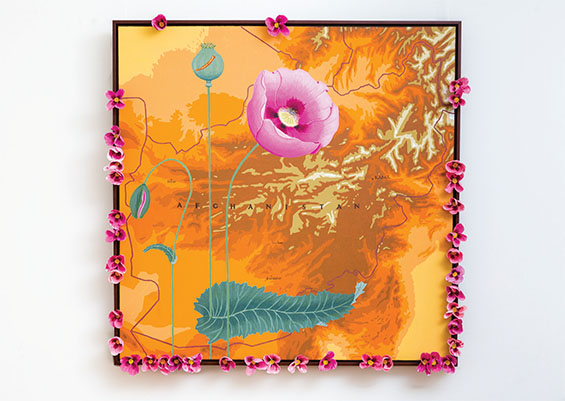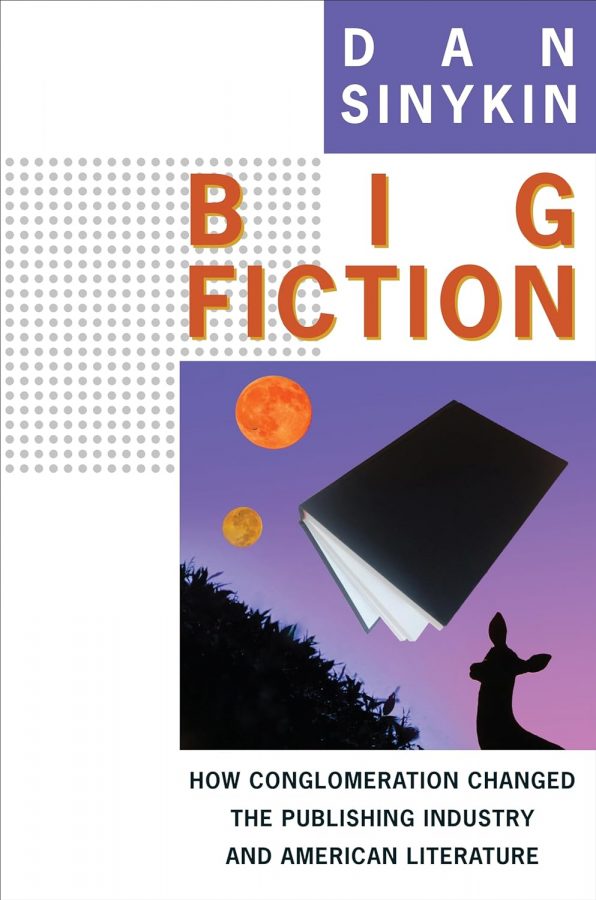
In one way I was relieved, as a publisher, that Giramondo didn’t have any books that were eligible for the Stella Prize this year. It wreaks havoc on what you think a literary award should be and do. This is because it covers so many genres – these include, according to the announcement accompanying the 2015 Stella longlist, ‘science writing, short stories, reportage, novels, memoir, and fiction for young adults’. On the evidence of previous longlists, the genres recognised also include biography, history, and writing on social and political issues. If you think of the two over-arching genres of ‘fiction’ and ‘non-fiction’ as aspiring to divide the whole world of literary writing between them, then you would have to say that the Stella Prize has tried as hard as it could to be inclusive in its celebration of women’s writing. But though it has cast its net wide, to the point where you have to wonder about its credibility as a literary award, it has made its job easier than it should be. It has excluded poetry.
I tend to assume that a literary award should recognise and reward the literary quality of a book, and when you come down to it, that means the quality of its writing. I don’t know how you would judge between books from so many genres on the basis of literary quality – other factors must surely come into play, dictated by the genres themselves, such as quality of research, empirical veracity, social relevance, impact on policy, even suitability for the intended readership. Although, in her introduction to this year’s Stella longlist, chair Kerryn Goldsworthy lays emphasis on what the books have in common – ‘The exercise of power is a recurrent theme: the power of one race or class over another, of humans over animals, and, most of all, the power of adults over children’ – this doesn’t change the fact that what the books really have in common, the reason why they have been chosen for celebration, is that they have all been written by women.
It is no more possible to derive a judgement of literary quality from this general principle, than it is to apply a general judgement of literary quality to books drawn from genres with very different principles and expectations. If I were a novelist longlisted, or shortlisted, for the Stella Prize, and I lost out to a historian, I would wonder at the criteria that had been at work in deciding the award. If I were a historian and I lost to a novelist, I think my hackles would be raised at the possible implication that the imaginative penetration of the writer of fiction was once again being placed above the interpretive powers of the historian. In either event, I doubt that all of my thoughts would be for the good of the sisterhood.
There are literary awards where to be shortlisted or longlisted is more important than to be the winner, where in fact the winner is more or less irrelevant – the Childrens’ Book Council of Australia Awards are a case in point, but they depend upon finely discriminated generic categories, and appeal directly to two of the most powerful forces in the market, schools and libraries (not to mention parents looking for books for their children). Lacking that kind of commercial appeal, though its remit is ostensibly much wider than the CBCA Awards, the Stella Prize has seen fit to go for ‘the big prize’, for a single author and a reward of $50 000, in order to stand up to the prize by which it is haunted (and which, no doubt, it haunts in turn), the Miles Franklin Award. Although the Stella organisers devote a lot of time to promoting and publicising their longlisted and shortlisted titles, and the winners have been very generous towards their sisters-in-arms, the listed books will already be familiar to many readers, may indeed already be prize-winners, so the Stella can only add to what the market is already doing for them.
But it’s the exclusion of poetry which really seems illogical to me. If you are going to encompass every genre of fiction and non-fiction, why stop there? There is a section on the Stella website which asks ‘Why fiction and non-fiction?’, when to people like me the real question is, ‘Why not poetry?’ The answer given on the site – ‘in recent years, the boundary between fiction and non-fiction has become more permeable’ – applies equally to poetry in relation to these two genres. I suspect the real reasons for excluding poetry lie elsewhere. The inclusion of a category that was neither fiction nor non-fiction but additional to them would make the prize unwieldy. The judges lack experience in reading poetry. And – the most likely reason – poetry has little or no appeal in the marketplace, and the Stella is unable, or unwilling, to confront this situation.
Giramondo had no titles eligible for this year’s Stella Prize, because in 2014 most of its Australian titles were poetry – five new collections, all by women poets, Maria Takolander, Judith Beveridge, Bonny Cassidy, Joanne Burns and Jennifer Maiden. Why would you ignore their achievements if you are going to offer a prize dedicated to celebrating Australian women’s writing? The Stella Prize makes much of the fact that women writers are under-represented, in the literary pages of the newspapers and in the literary world generally. Well, if you really wanted to tackle the issue of under-representation, wouldn’t you start with poetry, and with women poets in particular, who are such a strong presence in a world that is usually ignored or treated with condescension, and not just by the newspapers?
This week, Sydney Review of Books features an essay on Gwen Harwood, whom Peter Porter once called ‘the outstanding Australian poet of the twentieth century’. In ‘Great Poem Hoax’, Simon West surveys Harwood’s career, considering her use of pseudonyms and the ways in which her work resists easy categorisation. It would be wrong, West argues, to regard Harwood an an ‘antipodean Pessoa’. Among her other achievements, Harwood was also ‘one of Australia’s great letter writers’ and, read alongside her poetry, her correspondence reveals her struggle to be taken seriously as a poet.
Our second essay is Jeff Sparrow’s review of A Brief History of Seven Killings by Jamaican-born novelist Marlon James. In James’s novel, an attempt to assassinate legendary reggae singer Bob Marley in 1976 is seen to lie ‘at the heart of Jamaica’s descent from a moment of optimism in the mid-1970s into the cocaine-fuelled ultra-violence of the 1980s and 1990s, during which Kingston became the murder capital of the world’. Influenced by William Faulkner but drawing on hardboiled crime fiction, A Brief History of Seven Killings is an ambitious if flawed novel that presents,
with a depth and richness, the consciousness of the low-level criminals caught up in murderous plots they don’t fully comprehend – individuals who could easily be dismissed as mindless thugs, but who possess their own complex rationales.
With the question of university reforms very much in the news, From the Archives this week revisits Julieanne Lamond’s 2013 essay ‘Being Useful’, in which she ponders the rise of an increasingly utilitarian view of tertiary education and the way in which this has obscured education’s less immediately apparent social benefits.

